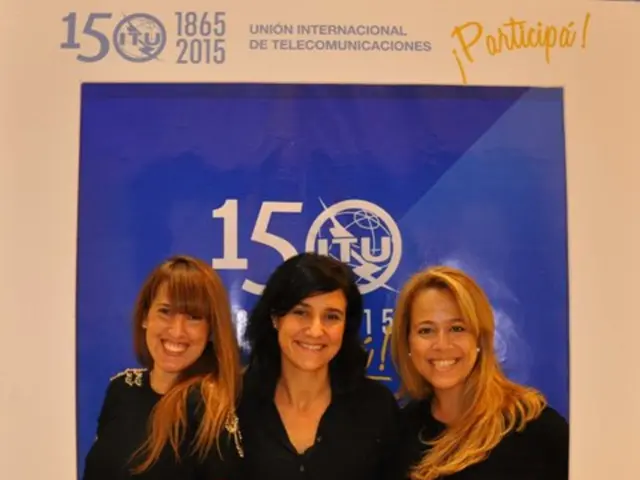Foreign educators in the UAE express anxiety over Trump's visa ban potentially jeopardizing the future of international students in the United States.
The United States government has implemented stricter visa policies for international students and exchange visitors, sparking concerns within academic communities worldwide. The measures, which include expanded social media vetting, have led to a suspension of new student visa interviews at embassies globally.
According to recent reports, the State Department has instructed consular sections to halt scheduling new appointments for student and exchange visitor visa applicants. This comes as part of the U.S.'s efforts to strengthen immigration controls under the Trump Administration.
The elevated scrutiny and sudden visa revocations, particularly towards students from specific nationalities, have left the academic community in a state of uncertainty. For instance, the administration revoked Harvard University's authorization to enroll foreign students amid allegations of noncompliance, a decision currently being challenged in court.
Educators in the United Arab Emirates have been vocal about the need to uphold academic freedom and promote international collaboration. Varun Jain, CEO of UniHawk, argued that international students play a significant role in the financial stability and academic diversity of institutions such as Harvard, affecting both the institutions and the wider academic community.
Numerous students and professors at Harvard have shown support for foreign students, protesting against Trump's attempts to withdraw funding from the university. The move, experts suggest, could potentially threaten the aspirations of thousands of scholars worldwide.
Meanwhile, students are increasingly looking beyond traditional Ivy League routes, with many exploring other education destinations. Rema Menon Vellat, Director at Counselling Point Training and Development, expressed disappointment over this move, acknowledging the hard work of students who have secured places at selective institutions.
Simon Crane, Head Master at Brighton College Dubai, expressed concerns over policies that restrict access to education based on nationality, stating that such policies undermine the very essence of academia. Crane emphasized the UAE's position as a hub for international education, rich in diversity and ambition.
Industry professionals believe that the UAE is well-placed to benefit from these global shifts, provided there is continued investment in academic support systems. Meanwhile, others pointed out that the UAE's reputation for safety and stability serves as a significant draw for international students.
Visa delays and increased vetting for student visas risk discouraging prospective applicants, potentially affecting university enrollments and international academic collaboration. The widespread pause in visa interviews and visa cancellations create an environment of unpredictability for students, universities, and exchange programs globally, potentially weakening the appeal of the U.S. as a study destination and complicating international academic exchanges.
- The concerns within academic communities worldwide extend beyond the U.S., as educators and students from other countries question the impact of these stricter visa policies on education-and-self-development and general-news.
- Politicians and industry experts in the United Arab Emirates are advocating for academic freedom and collaboration, seeing an opportunity for their educational institutions to attract students who are looking beyond traditional study destinations due to visa issues in other countries.
- As a result of the stricter visa policies and increased scrutiny, some students and universities are focusing on travel to alternate education destinations, making the political climate a significant factor in international student decisions and academic exchanges.





